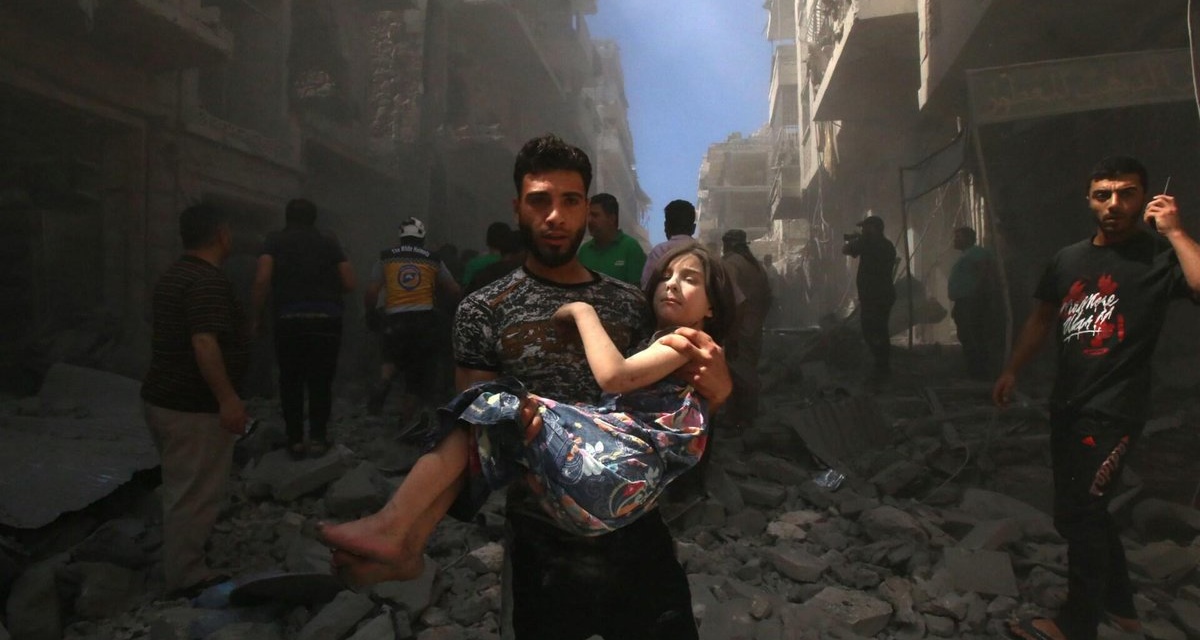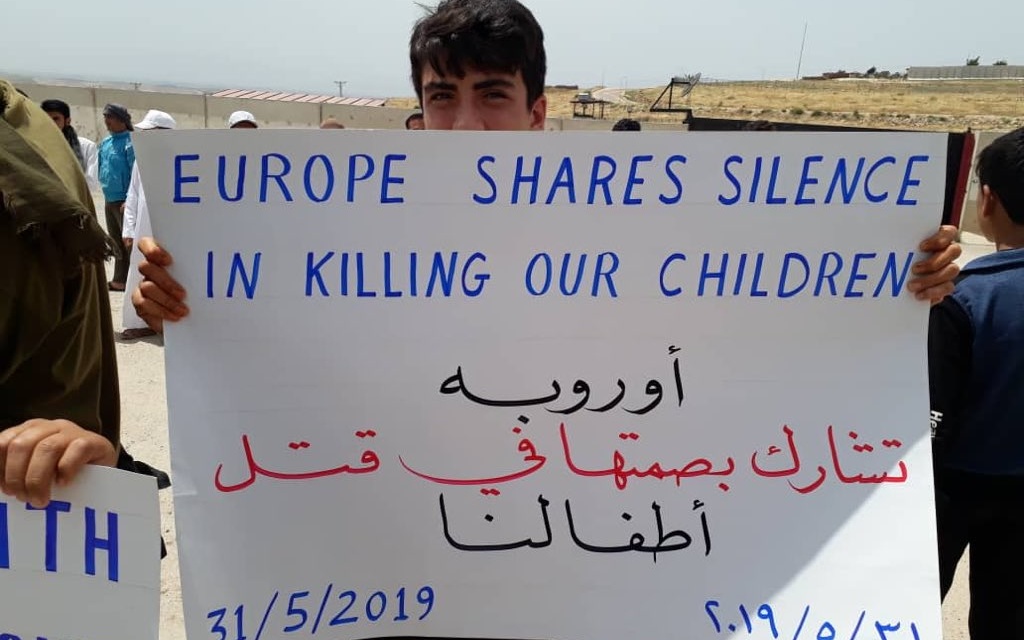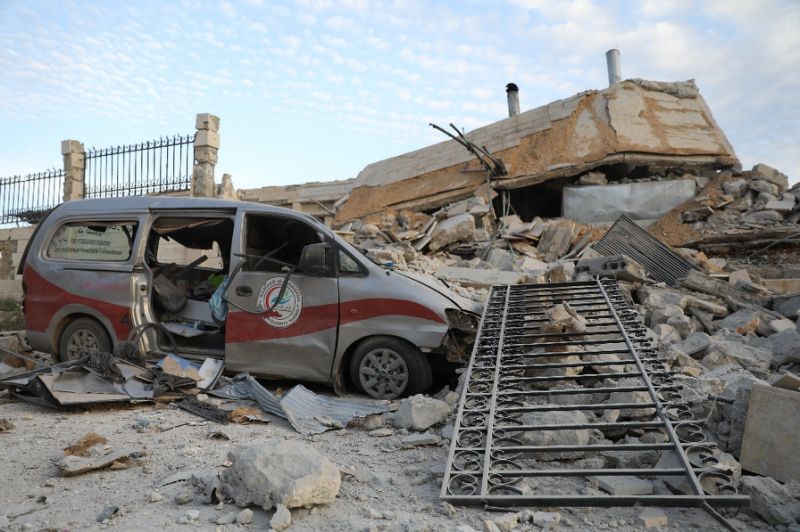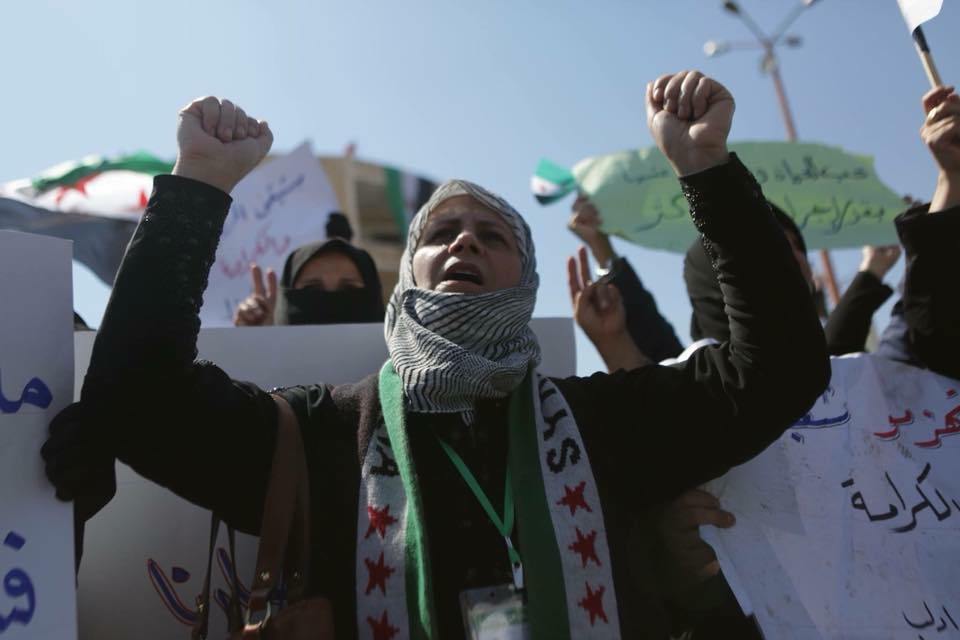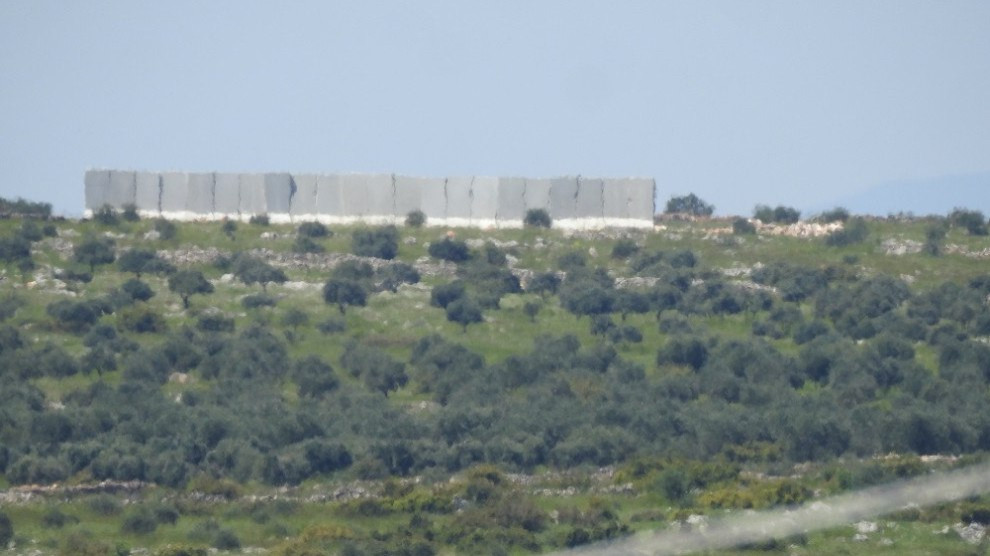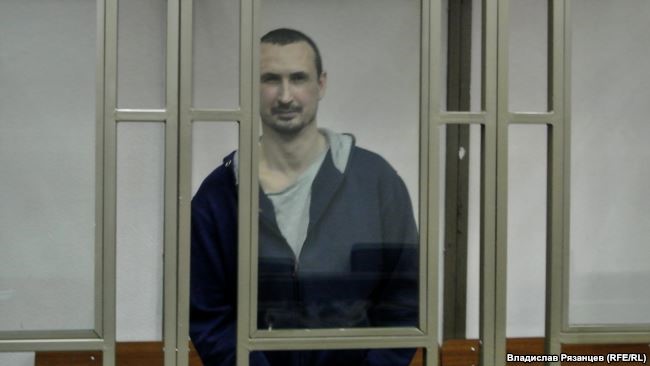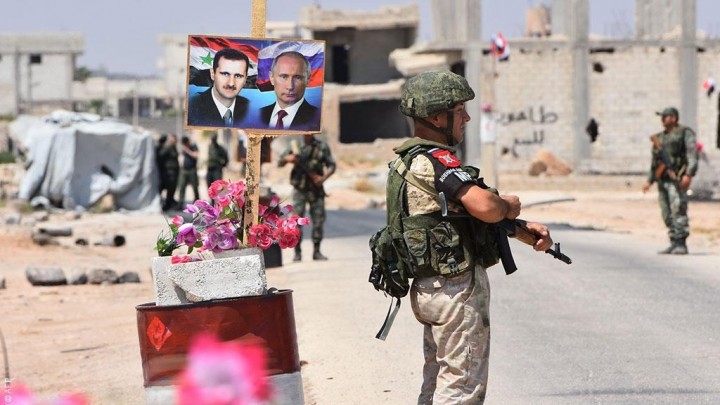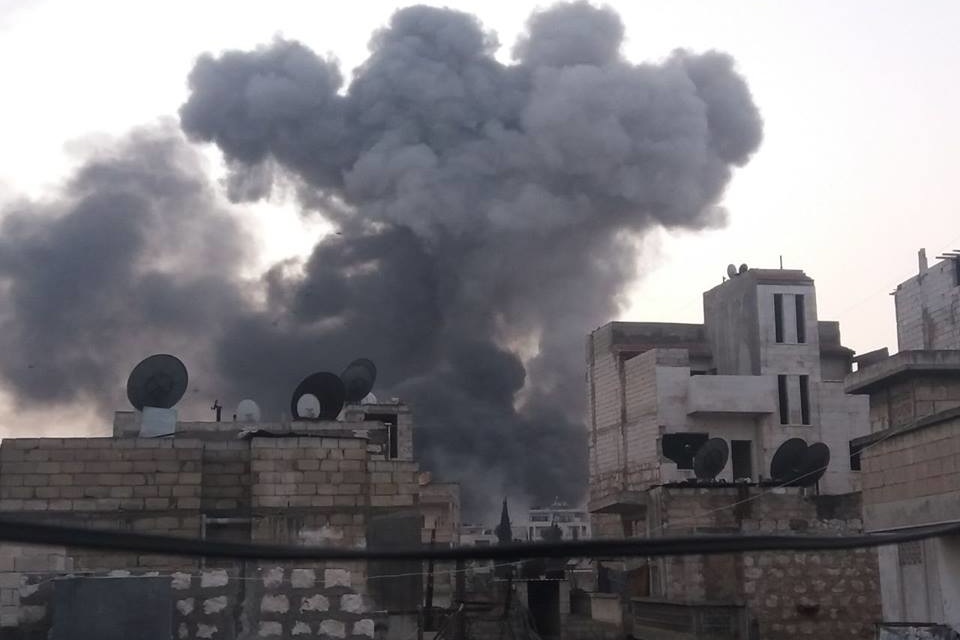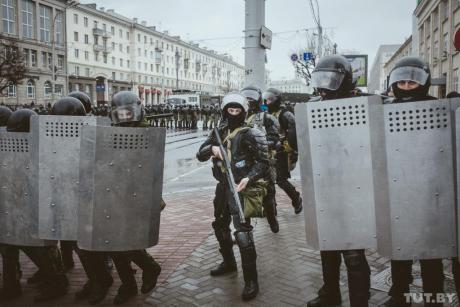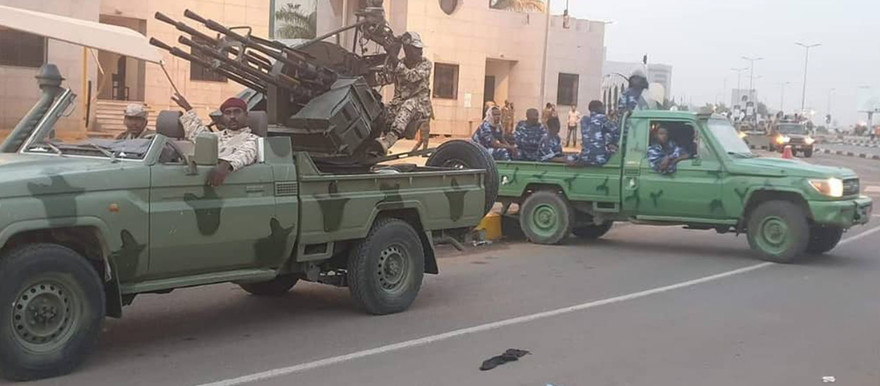
Russia blocks UN statement against Sudan massacre
Russia, joined by China, blocked a bid at the UN Security Council to condemn the killing of civilians in Sudan and to issue a pressing call for an immediate halt to the violence. According to the latest update by the Central Committee of Sudan Doctors, over 100 people were killed by militiamen of the Rapid Support Forces who stormed the sit-in site in Khartoum and opened fire on the protesters. (Photo: Radio Tamazuj)



